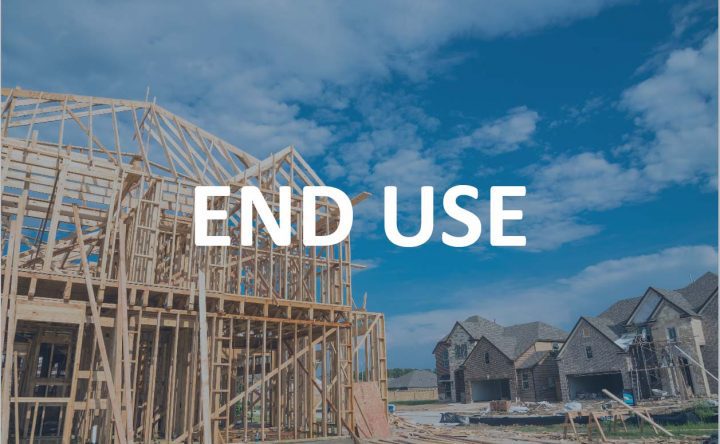On Monday (2-7-22), the Federal Reserve released their G.19 report for 2021. According to the report, with further analysis provided by the National Association of Home Builders, in 2021, consumer credit increased 5.9%, with revolving and nonrevolving credit increasing 6.6% and 5.7%, respectively. During Q4, consumer credit increased at a seasonally adjusted annual rate of 6.6%.
News in end use
Housing Affordability in Q4 2021 Falls to its Lowest Level in a Decade
The National Association of Home Builders (NAHB)/Wells Fargo Housing Opportunity Index (HOI) was released today (2-8-22) and reports that 54.2% of new and existing homes sold between October 1 and December 31, 2021 were affordable to families earning the U.S. median income of $79,900. This is down from the Q3 2021 reading of 56.6%.
NFIB’s Small Business Optimism Index Declines Slightly in January
The National Federation of Independent Business (NFIB), one of the largest small business associations in the U.S., reported today (2-08-22) that their NFIB Small Business Optimism Index decreased slightly in January to 97.1, down -1.8 points from December. For the month of January, of the ten components that make up the Index, one improved, while seven declined and two were unchanged.
Fannie Mae Releases Home Purchase Sentiment Index® for January 2022
Fannie Mae today (2-7-22) released their Home Purchase Sentiment Index® (HPSI) for January 2022. The HPSI distills information about consumers’ home purchasing sentiment from Fannie Mae’s National Housing Survey® (NHS) into a single number. The HPSI for January decreased -2.4 points to 71.8 in January, its lowest level since May 2020, as affordability constraints continue to weigh on the housing market.
Prices Climb Higher as Listings for Existing Homes Continue to Decline
HouseCanary, Inc., the San Francisco-based technology and data-forward national real estate brokerage firm, has released its latest Market Pulse Report (MPR) covering 22 listing-targeted measures and comparing data between January 2021 and January 2022. The Market Pulse is an ongoing review of proprietary data and insights from HouseCanary’s nationwide platform.
Multifamily Housing Sector Experiences Record-Breaking Growth in 2021
According to a new report from CBRE Group Inc., 2021 was a record-breaking year for the multifamily housing industry. In Q4 2021, total investment volume was $148.9 billion, a 73% quarter-over-quarter increase. This growth brings 2021’s total investment to $335.3 billion, which is nearly double the previous record of $193.1 billion set in 2019.
Canadian Unemployment Rate Rises in January
Statistics Canada (StatsCan) reported today (2-4-22) that Canadian employment fell by 200,000 (-1.0%) in January, and the unemployment rate increased 0.5 percentage points to 6.5%. The total number of unemployed people increased by 106,000 (+8.6%) to 1.34 million. This marks the first increase in the unemployment rate in nine months.
Construction Sector Employment Declined in January 2022
A closer look at the Bureau of Labor Statistics (BLS) Nonfarm Payroll Report, with a specific emphasis on the construction industry and analysis provided by the National Association of Home Builders (NAHB), reveals that employment in the construction sector overall declined by 5,000 in January — ending six consecutive months of increases.
U.S. Nonfarm Payroll Increases by 467,000 in January; Unemployment Inches Higher to 4.0%
The U.S. Bureau of Labor Statistics (BLS) reported today (2-4-22) that total nonfarm payroll employment increased by 467,000 in January. Nonfarm payroll employment has increased by 19.1 million since April 2020 but is down by -2.9 million, or -1.9%, from its pre-pandemic level in February 2020.
30-Year Fixed Mortgage Rate Flat, but 15-Year Fixed Rate Slightly Lower in Week Ending February 3, 2022
Freddie Mac has released its Primary Mortgage Market Survey (PMMS) for the week ending February 3, 2022. The PMMS reports that the 30-year fixed-rate mortgage averaged 3.55% with an average 0.8 point, unchanged from last week. A year ago at this time, the 30-year FRM averaged 2.73%.



